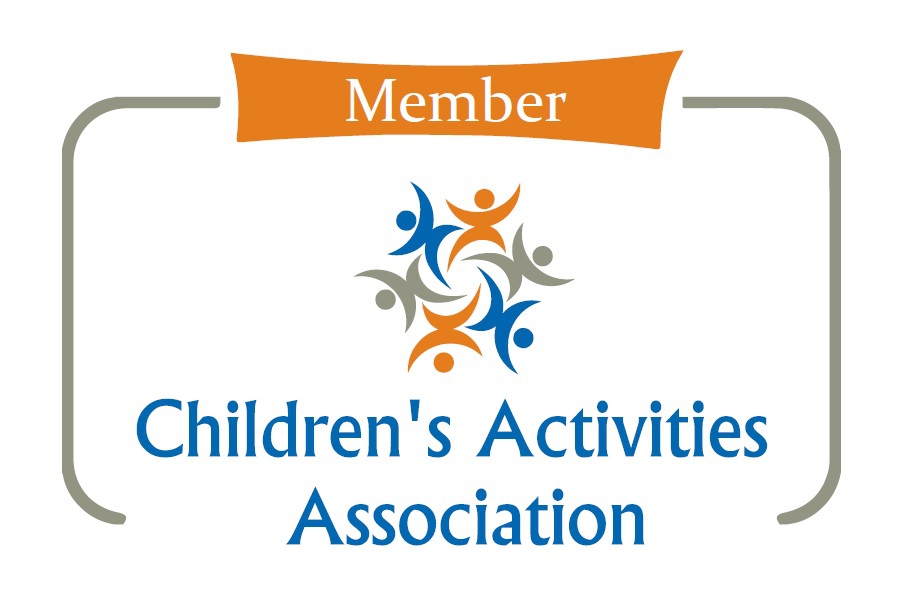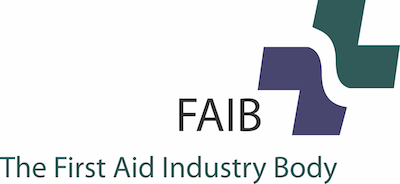Bronchiolitis is back. It can be a really frightening illness for parents as it affects breathing and can get worse very quickly. With 1 in 3 babies in the UK catching bronchiolitis before they turn one, we thought you'd appreciate a reminder as to what to look out for, and what to do if you suspect your little one has this common virus.
Firstly we hear from Mini First Aid founder and director Kate Ball to explain what bronchiolitis is and how it affected her family:
It’s the time of year for streaming colds. School and nursery children are merrily sharing their germs with each other and still need reminding to ‘use a tissue’ and ‘cover your mouth’ and ‘don’t sniff like that’. Oh joy.
We all know how the common cold virus is spread - by coughs and sneezes transferred in the air and on our hands. That is why covering mouths when coughing and then washing hands is so important. Whilst we know sometimes coming into contact with a cold is unavoidable, ask visitors to keep away if they have a cold, especially if you have a young baby at home.
Five of our babies have had bronchiolitis over the last few years. So what is it? What do you need to look out for? And why does the virus affect so many little ones?
Bronchiolitis is very common in the winter months. Bronchiolitis often starts with cold-like symptoms – a snuffly nose and slightly high temperature, and over the next few days will develop into a cough, wheezy chest and breathlessness. It is a viral infection and cannot be treated by antibiotics.
Bronchiolitis, most commonly the RSV (Respiratory Syncytial Virus) is an infection which affects infants' lungs. Most children will have caught RSV by the time they are two. Most will have a cold-like illness and get better on their own. However for some babies, the smallest air passages (bronchioles) in the lungs become moist and inflamed, leading to problems with breathing. Bronchiolitis is especially common in infants under one year of age. Your baby may struggle to keep any feeds down due to coughing and will need fluids, and sometimes extra oxygen to help them breathe. Something we are all too familiar with in our family.

What happens when you go to hospital?
We’d experienced bronchiolitis in our family before so when the baby twins were showing symptoms I called 111. They sent an ambulance to whisk us to children’s A&E.
On arriving, we were ‘triaged’ which means you are allocated a level of need.
Triage identifies very sick children who need immediate medical review and intervention. This is why it can appear that other families are ‘jumping the queue’. Your child’s level of need is based on a score given to heart rate, breathing, temperature and level of alertness – otherwise known as ‘observations’.
Medical professionals will do observations throughout your stay to indicate whether or not they need to be worried and escalate treatment.
Nurses will oversee your care; from making sure you are reviewed by the medical team at the right time, to getting hold of a breast pump or nappies. They provide invaluable emotional support and are a good listening ear during what can be an emotional journey.
You may be seen by a more Junior Doctor or highly skilled advanced Nurse Practitioner before being reviewed by the Registrar or Consultant.
ASK QUESTIONS. Don’t be scared to ask what staff mean if they use very technical words or if you think something hasn’t been clearly explained.
· What do you think is going on?
· Are you worried about them?
· What is preventing us from going home?
The twins were admitted and given their milk by an NG (nasogastric) feeding tube, their oxygen levels and temperature monitored. We were in hospital for 3 days before the girls were sent home to recover.
Most babies recover completely, although the cough can hang around for a few weeks. Adults and older children can get RSV as it is very contagious – however their symptoms are usually only a mild cough or cold.

Treating bronchiolitis at home
If your little one has a mild infection, you can look after them at home:
- try to keep your child as upright as possible whilst awake, as this will help them breathe more easily
- make sure they get lots of fluids - for a breast or bottle fed baby give smaller feeds at more regular intervals and for older children encourage sipping at water or diluted juice throughout the day
- you can try using saline (salt) drops to unblock little noses - ask your pharmacist for advice
- again, you may wish to speak to your pharmacist but babies over 2 months can be given children's paracetamol, and babies over 3 months old can be given ibuprofen. Never give aspirin to a child who is under 16
If they are going to take a turn for this worse, this usually happens on days 3-5 so be vigilant around this time, and follow the advice at the bottom of the blog as necessary.
It isn't just Kate's little ones who have been affected by bronchiolitis in the Mini First Aid family - Kellie Green, who trains families in the Shropshire area had a scary brush with bronchiolitis last year:
"I always tell parents to trust their instincts. That
day I was the one who needed to trust mine.
Within hours, my active, chatty 19 month old daughter went from a hot child, to a hot child who was struggling to breathe and had developed a viral rash (see picture below). To see her go downhill so fast was shocking and scary. I decided I needed to get her to A&E.
By the time we got her there she was wheezing, tugging, shaking and grunting, having deteriorated further on a journey that only took 20 minutes. After a short initial assessment we were referred to urgent care (an out of hours doctors appointment) which I questioned as my daughter was working so hard to breathe. I asked for a second opinion and I'm so glad I did. The paediatric team we were referred to within the hospital did a full assessment, including removing her upper clothing - important so they could assess her breathing. They also found she had low blood sugar, hence the shaking, a side effect of being off her food in the lead up to her illness.
They quickly diagnosed bronchiolitis - I later discovered 6 children in her nursery were ill with chest infections. The doctor said we had just got to hospital in time - if she'd been much worse she would have ended up needing oxygen and a hospital stay.
It might surprise you to learn that I'm an ex A&E nurse. It's completely different experiencing A&E as a parent. What I've learnt from my daughter having bronchiolitis and what I'd like to pass on to you is to completely trust your instincts as a parent. No-one knows your child like you do and if you don’t think you’ve been given the right advice or taken seriously enough, ask for a second opinion – you are perfectly within your rights.”

What should I do if I suspect my child
has bronchiolitis?
Whilst bronchiolitis is common in the winter months and very contagious, it is not deemed as life threatening. However, young babies will always be treated with caution, so if you are concerned ring 111 for advice or if your baby is struggling to breathe or becomes unresponsive, call 999. Above all, trust your parental instincts. Even if you have seen a doctor who tells you everything is OK, but you don’t feel satisfied or happy, then get a second opinion. You know your child best. Don’t settle unless you are 100% sure that they are ok to be at home. No one will ever tell you off for being over cautious.
We hope these
experiences with bronchiolitis have given you some insight into what to do if
this all too common virus hits your home this autumn or winter.
All the best, The Mini First Aid Team xx
Sources: NHS UK
Need more support? This winter we have a pocast on bronchiolitis with NHS Paediatrician Dr Lillie Parker! You can find all of our Family Health podcasts here - look out our bronchiolitis podcast available late November.
The Super Safety Bundle
Our Super Safety Bundle is an absolute steal at just £25. For this you get:
- Our award winning Mini First Aid kit containing 74 essential first aid items.
- Teddy hot and cold gel pack - keep it in your fridge for instant cool relief for bumps and scrapes.
- Paediatric First Aid Made Easy - your go to guide covering 35 first aid topics.
- Tumble the Tiger Instant Cold Pack - brilliant for on the go cooling - make sure you have it with you for accidents on family days out.
- CPR mask keyring enabling safe and hygienic emergency CPR to be administered.
This bundle is an essential for busy families with items that can be used both in the home and for days out and travel, and would make a thoughtful and practical Christmas gift.








